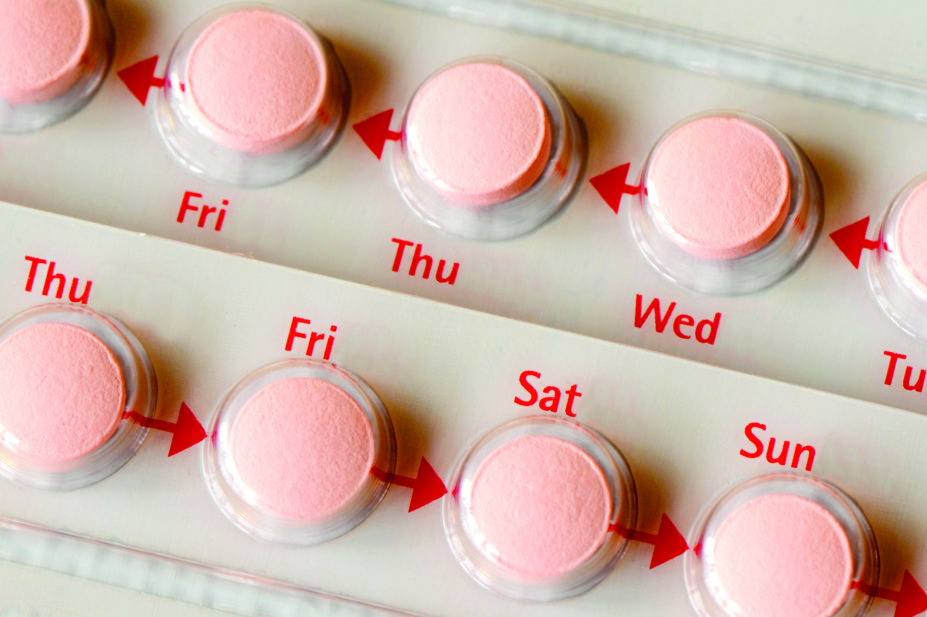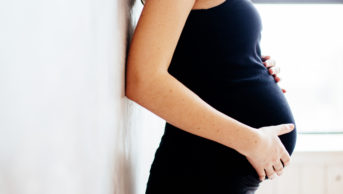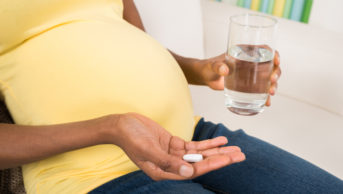
Shutterstock.com
More than half of women who had an abortion in 2016 were using at least one form of contraception when they presented, according to data gathered by the British Pregnancy Advisory Service (BPAS).
The data, which were taken from 60,592 women who attended BPAS clinics for an abortion during 2016, also showed that a quarter of women were using either a user-dependent hormonal method of contraception, such as pills, patches or rings, or a long-acting reversible contraceptive, such as injections, implants, the IUD or the IUS, considered by experts to be the most effective forms of contraception compared to non-hormonal methods such as condoms.
In a report published by BPAS in July 2017 entitled “Why women present for abortions after 20 weeks”[1]
, contraceptive use was highlighted as a “direct factor” in delaying identification of pregnancy. This is due to the fact that hormonal contraceptives can cause side effects, such as changes to the menstrual pattern, which hinder pregnancy identification.
“Each year, 9 in every 100 women using the pill will become pregnant, 6 in every 100 using the injection, nearly 1 in every 100 using the IUD, and even the implant has a small – if extremely low – failure rate,” says the report.
“Pregnancies can also occur if the implant was not correctly inserted, or if the woman was already in the early stages of pregnancy when the device was fitted,” it adds.
“This study reminds us that no form of contraception can be 100% effective,” says Neal Patel, head of corporative communications at the Royal Pharmaceutical Society. “Pharmacists have a vital role in explaining the relative effectiveness of contraception allowing people to make informed choices.”
At the Family Planning 2020 summit on 11 July 2017, BPAS warned delegates that improving access to contraceptives in developing countries cannot replace the need for safe abortion care.
“The answer to unsafe abortion is not contraception, it is safe abortion,” says Ann Furedi, chief executive of BPAS. “Our data shows women cannot control their fertility through contraception alone, even when they are using some of the most effective methods. Family planning is contraception and abortion. Abortion is birth control that women need when their regular method lets them down.”
References
[1] British Pregnancy Advisory Service. Why women present for abortions after 20 weeks. Available at: https://www.bpas.org/media/2027/late-abortion-report-v02.pdf (accessed July 2017)


